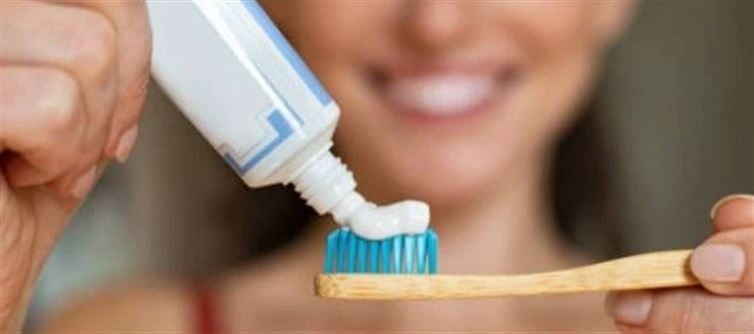
Brushing your teeth is a mundane ritual we do every day—but what if your toothpaste contains hidden animal ingredients?
Yes, some toothpaste brands use glycerin from animal fat or calcium phosphate from bones to improve texture and shelf life. For millions in india, this could mean accidentally consuming non-veg products that go against religious or ethical beliefs.
It’s time to take a closer look at your toothpaste—your mouth, your conscience, and your wallet deserve it.
💀 1. What is Non-Veg Toothpaste?
• Toothpaste made with animal-derived ingredients like glycerin (from fat) or calcium phosphate (from bones).
• Could offend dietary or religious practices, especially for Hindus, Jains, and Muslims in India.
• Many foreign brands still use such ingredients; indian brands generally rely on plant-based herbs.
🌿 2. Why Some Brands Go Non-Veg
• Cost efficiency: Animal byproducts are often cheaper and more readily available.
• Better texture: Makes toothpaste creamier and smoother.
• Longer shelf life: Animal derivatives extend product stability, making them attractive for mass production.
• Essentially, profit and convenience outweigh ethics for some global brands.
🔍 3. Spotting Veg vs Non-Veg Toothpaste
• Look for the green mark and “100% vegetarian” label—this means the toothpaste is plant-based.
• A red mark indicates the presence of animal-derived ingredients.
• Always check both inner and outer packaging; sometimes it’s only printed on one side.
⚠️ 4. Why indian Toothpaste is Safer
• Most Indian brands use natural ingredients like cloves, mint, neem, and other herbs.
• Avoiding foreign brands manufactured in india may reduce the risk of hidden animal derivatives.
• Being vigilant helps you align oral hygiene with your dietary and religious ethics.
🧨 5. The Bottom Line
Brushing your teeth shouldn’t mean compromising your values. The toothpaste you use daily can hide animal byproducts, turning a routine ritual into an ethical dilemma.
Next time you squeeze that tube, look for the green mark—it’s more than a label. It’s a sign that your oral care respects your beliefs, ethics, and conscience.




 click and follow Indiaherald WhatsApp channel
click and follow Indiaherald WhatsApp channel